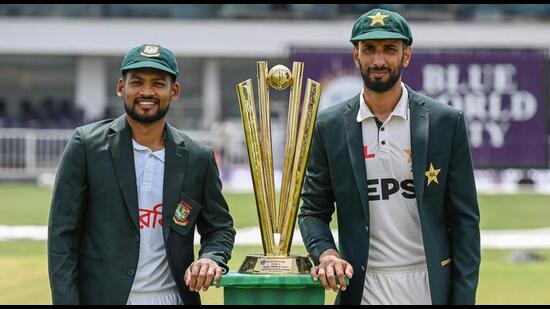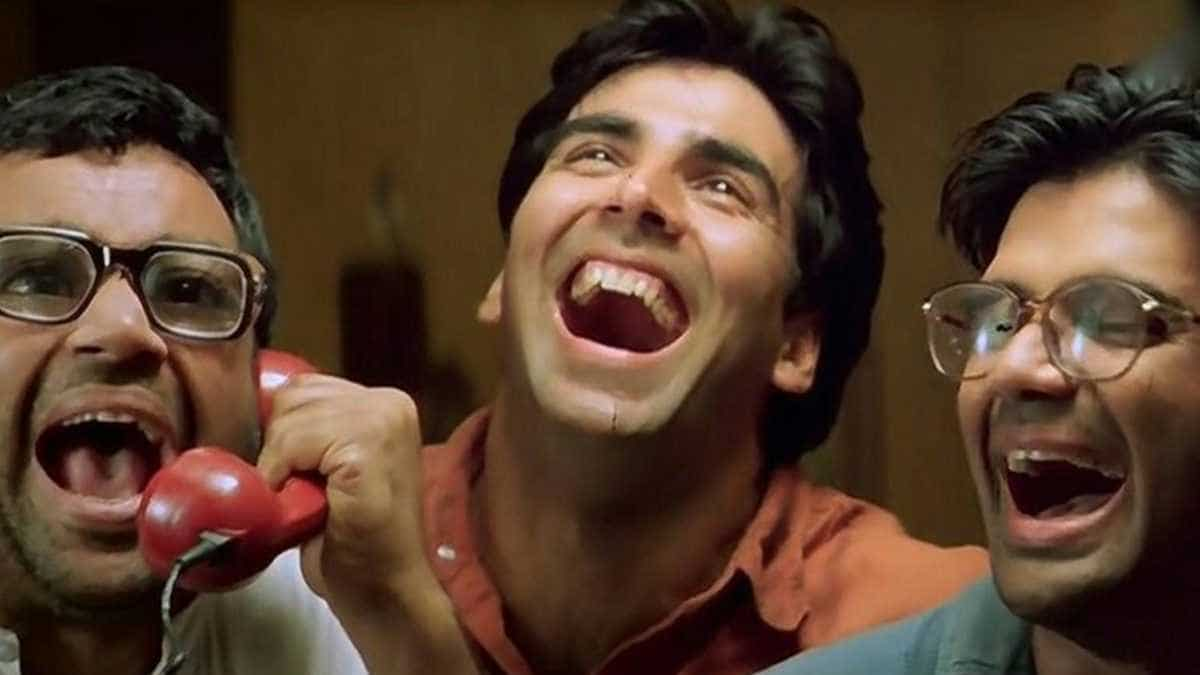
Not by design, but Test cricket’s unofficial window is here
7 months ago | 67 Views
Mumbai: The constant chatter around the imminent death of Test cricket wouldn’t have you believe but have a look at cricket’s Future Tours Program (FTP). A total of 33 Tests will be played in six months between August and January, each one contextualised by the World Test Championship (WTC) points table. Test cricket is what you will see the most in the coming months, with fewer, 24 ODIs and 30 T20Is, to be played in the period among the leading eight nations.
The England-Sri Lanka Test in Manchester and Pakistan-Bangladesh Test in Rawalpindi from Wednesday will activate Test cricket’s own reserve window. Now, there has been no concerted effort. The FTP is strictly the net output of bilateral negotiations between International Cricket Council (ICC) member boards.
Many factors contributed. Between April and June, there was total inactivity on the Test front with every cricket nation allowing Indian Premier League (IPL) and the T20 World Cup to take centre stage. There are few high-stakes T20 leagues lined up in the coming months, making the Test grouping more meaningful. There is full-blown congestion ahead, next January, where three leading leagues from Australia, South Africa and the UAE overlap. To this, there is no solution at hand.
On the international front, there are fewer white-ball bilateral fixtures with the February ODI Champions Trophy being the only marquee event ahead. T20Is will mostly see fringe players making up squads.
Australia captain Pat Cummins had called for “Test windows that make decision-making for the players a lot easier”. At least this year, his wish has been granted.
Indian cricketers are currently posting pictures of get-together with family and friends, while enjoying their rare month-long vacation. Scheduled to play 10 Tests, starting with two back-to-back home series – two matches against Bangladesh and three against New Zealand followed by the big five-match away tour of Australia, they will keep the Test torch burning. It helps that BCCI is one of the Big Three boards that make money by staging home Tests. That’s revenue over and above the IPL windfall.
England’s cricket board is the second of the Big Three. Their Test captain Ben Stokes lets go of IPL money to repair his knackered knee so that it can endure the pain of long bowling spells with the red ball. England play nine Tests, starting with three home matches against Sri Lanka followed by two three-match away tours of Pakistan and New Zealand.
Australia have played the bulk of their WTC Tests and have only the marquee series against India ahead, with plenty of pride at stake. “We are committed to ensuring Test cricket remains the peak international format and are continuing to work with the ICC and fellow members to explore ways to ensure this continues well into the future,” Nick Hockley, Cricket Australia CEO, recently told HT.
Even Pakistan (9), New Zealand (8) and Sri Lanka (7) have space for a substantial window for Test cricket. In their case, as well as West Indies and South Africa, however, Test cricket’s existential question, the commercial one, lingers on.
While India can penalise two of its cricketers for not prioritising domestic red-ball cricket, Andre Russell’s recent plain-speak represents the bleak future of Test cricket in the Caribbean. “Money isn’t the issue, a lot of (WI) players are just not interested in playing Tests,” the T20 freelancer said.
Counting the recent two games against South Africa, West Indies play only six Tests. Those may be enough for Shamar Joseph to stoke the fast bowling fire, but are they enough for sustenance? “The cry is for Jayden Seales, Shamar Joseph and in form, rested Alzarri Joseph to be kept together for test cricket. I love the thought. But we have to realize those youths cannot secure their’s, and their financial futures playing only 6 to 8 Test Matches a year,” former Windies pacer and TV commentator Ian Bishop said on X.
New Zealand Cricket gives its players the liberty to pick and choose. Courtesy NZC, a new word has been added to the cricket lexicon – ‘a casual playing contract’ signed by Kiwi batter Devon Conway.
South Africa, who make no bones in highlighting Test cricket’s inability to pay bills, play three two-Test series, including the West Indies series that they won 1-0. Bangladesh too plays six Tests.
TOO LITTLE, TOO LATE?
A Test cricket cluster has worked out just fine this year and could be a scheduling model for the future to back the WTC idea. But most players think it’s too little, too late.
The World Cricketers’ Association (WCA) - India and Pakistan players are not members – has commenced ‘an independent global game structure review process’.
“The game’s leadership has collectively failed to come together to establish a clear and coherent global structure. We have virtually given up hope of it doing so,” WCA chair, Heath Mills, said in a statement on Monday.
Unabated rise of franchise leagues, with players gravitating towards working less for more pay, has meant Test cricket’s fall in the pecking order; funding to sustain future Tests will be high on the agenda. Until then, the unofficial Test window serves as a stop-gap solution.
Read Also: Women's T20 World Cup 2024 moved to UAE from Bangladesh, confirms ICC
#




















